Many factors will affect the cost of solar panels. This article will look at the price per watt factor, the size of the solar panel system, and various financing options. The solar panel cost will also depend on how much power you plan to use. Once you know what you want to spend, you can start comparing prices and finding the right solar panels for your home.
Variables That Affect The Cost Of Solar Panels
The cost of solar panels depends on several variables. These include the price of raw materials such as steel and copper. Increasing the price of these materials increases the overall cost of the investment. For example, steel has risen nearly 50 percent in the past two years, while aluminum and copper have increased over 60 percent during the same period.
The cost of manufacturing solar equipment is also affected by fuel and electricity costs. Higher fuel prices have led European manufacturers to cut production to avoid higher fuel costs.
Price Per Watt Factor
When comparing solar panels, the cost per watt is an important metric. It is determined by taking the total out-of-pocket cost of the solar system and dividing that amount by the wattage. For instance, a 5kW system costs $15,000, so the cost per watt is approximately $0.70. The price per watt of a solar panel depends on how many cells are used. A single cell can cost as little as $0.30, but most solar panels have 60 or 72 cells. As the number of cells increases, the cost per watt will increase. This is because commercial panels tend to be more extensive and more efficient. To cover the electric needs of a typical 1,500-square-foot home, a solar system should contain at least sixteen panels. Larger homes that face east or west may require more panels. The price per watt is a factor that makes it easier for consumers to compare the prices of solar panels. By comparing the cost per watt of different solar systems, consumers can determine the value for their money.
Size Of System
Choosing the right size of solar panel system depends on several factors. First, you should determine how much electricity your home consumes. This can be determined by checking your latest energy bill. You need a larger solar panel system if the amount is higher than this. Alternatively, you can reduce the size of the system by making your home more energy efficient. Energy-efficient appliances, LED lights, and energy-efficient windows can help you reduce the energy you use. Solar panel systems typically range in size from 250 watts to 400 watts, although some can go higher. Using a solar system calculator, you can determine the number of panels you need based on your usage.
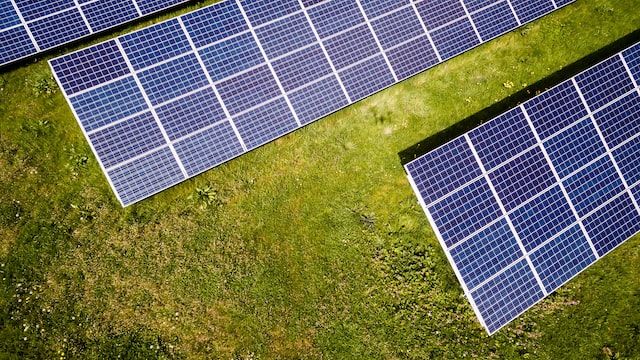
Financing Options
Solar panels are not cheap, but there are ways to finance the cost. Many solar lenders offer loans that take solar credits into account. These credits can either be purchased outright or spread over the life of the loan. The monthly payment will be higher for this type of loan, but the savings over the life of the loan are significant. One way to finance solar panels is to use a personal loan or line of credit. This option does not require you to give up your home as collateral, but it has drawbacks. For one thing, a personal loan doesn’t have tax benefits like a home equity loan, and some lenders charge origination fees.


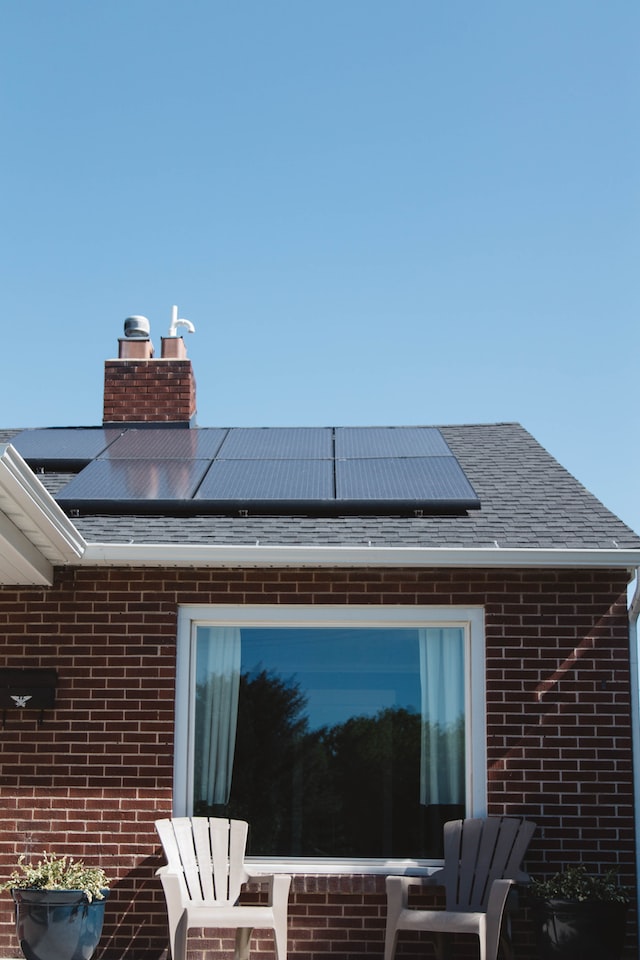
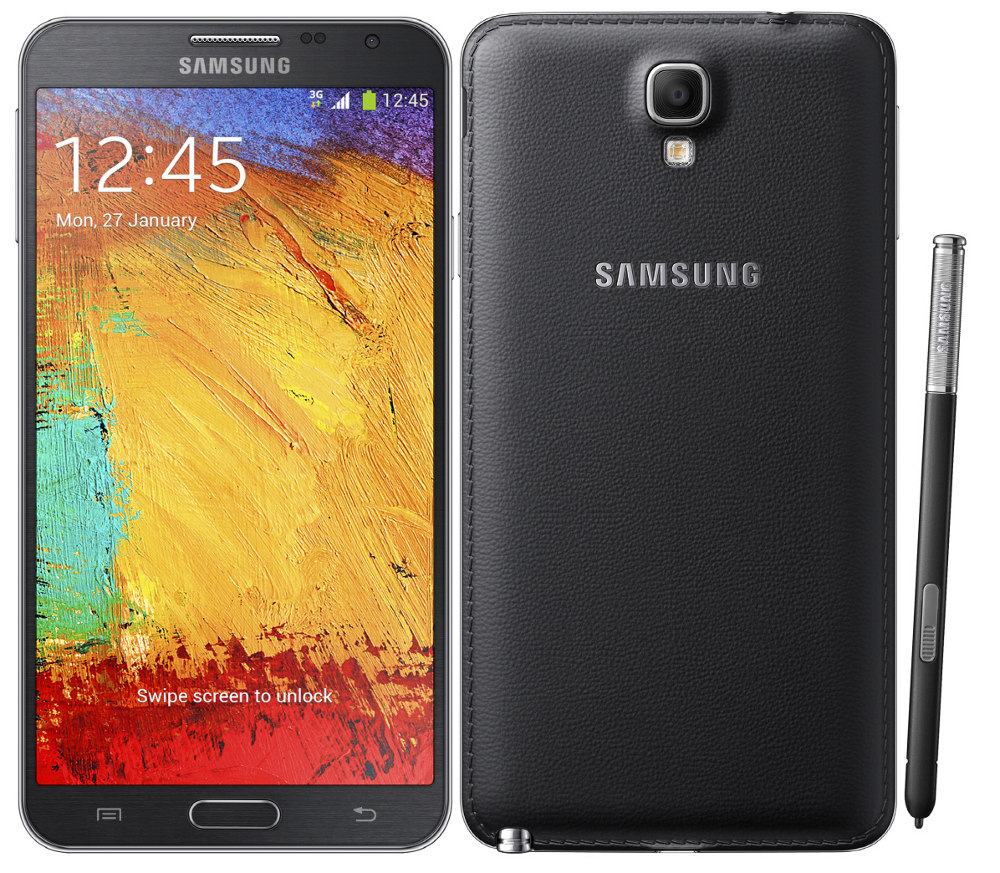
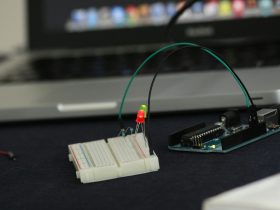

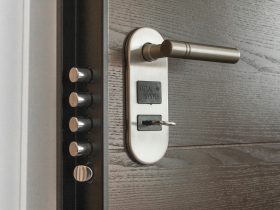

Leave a Reply